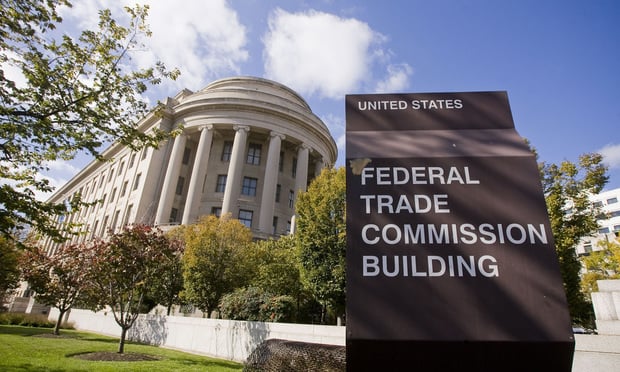Leading up to the Supreme Court’s decision in Halliburton Co. v. Erica P. John Fund, the securities bar waited in great suspense to see whether the Court would overrule the “fraud-on-the-market” presumption of reliance established many years earlier in Basic v. Levinson. Under that presumption, shareholders pursuing federal securities law claims do not have to show reliance on each alleged misstatement if the shares at issue traded in an efficient market. In an efficient market, it is presumed that all material, publicly available information about a company is reflected in its stock price and therefore shareholders need only rely on the trading price when deciding to purchase.
Ultimately, the Court declined to overturn Basic, but held that defendants can rebut the presumption at class certification by showing the alleged misrepresentations had no impact on the stock’s price. District courts have, however, struggled applying Halliburton. Significant questions linger regarding the process of rebutting the presumption such as what evidence is sufficient to rebut the presumption and, most importantly, what effect should Halliburton have on the plaintiffs’ so-called “price maintenance” theory?


 U.S. Court of Appeals for the Second Circuit
U.S. Court of Appeals for the Second Circuit





